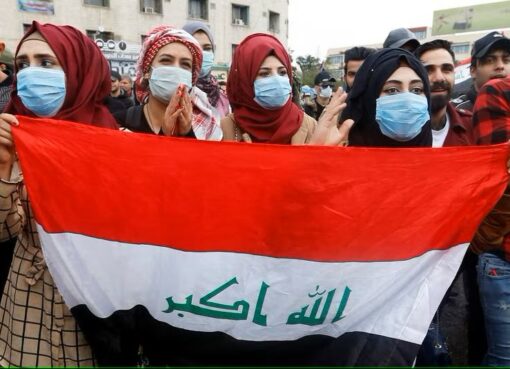Paper Summary
Section 1
Violence has always been intrinsic to state formation, especially where state structures are
transplanted and imposed by colonial and imperial power. Yet even by i these standards, violence
has been particularly prominent in Iraq. Indeed, the history of Iraq from its establishment under British
mandatory rule in 1921 until at least the late 1980s has been a herculean effort to centralize coercive
control and eliminate domestic competitors.
SUMMARY PASSAGE 2
Making And Breaking A Military Behemoth, 1921-2003
When Iraq gained formal xvi independence, its military institutions had learned the techniques and
patterns of colonial repression. In August 1933, Iraqi forces under the command of Bakr Sidqi
launched a combined air and ground assault on the Assyrian Christians, who had refused to submit to
the newly sovereign Iraqi authority. Hundreds of unarmed civilians were killed.
SUMMARY PASSAGE 3
! Program On Governance And Local Development
In response, many Despite considerable training at the hands of the U.S., Iraqi forces crumbled in
April 2008 in the fight against JAM splinter groups in Basra and had to be rescued by U.S.
reinforcements and air support. Through 2009, the U.S. reported slow progress in building up the
Iraqi armed forces, with less than a quarter of Iraq’s 225,000man state security forces deemed
capable of planning, executing, and sustaining operations without U.S. support. Echoing the 1920s
and 1930s again, Iraqis accused the U.S. of blocking access to advanced aircraft and other
weaponry in order to sabotage the reestablishment of a formidable Iraqi army and ensure that Iraq
was dependent on the U.S. in the long term.
SUMMARY PASSAGE 4
War-Making, State-Making, And Non-State Power
Indeed, Iraq’s sense of regional insecurity remained unabated, underscoring the need for a larger and
more heavily armed force than the U.S. was prepared to grant. ISIS itself had taken the trappings of
an alternative statehood, asserting control over the flow of water and oil resource, extracting taxes on
goods and services, and taking charge of education and culture.
SUMMARY PASSAGE 5
Conclusion
Iraq’s regional insecurity further complicates the bid to devolve violence to local forces. Iraq’s
neighbors have each played a hand in sponsoring and supporting armed non-state actors within Iraqi
territory, both as progovernment militias or rebel insurgents. Iran, far and away Iraq’s closest ally,
maintains strong ties to the Shi’i militias operating in the country
Download full Paper.








Comment here